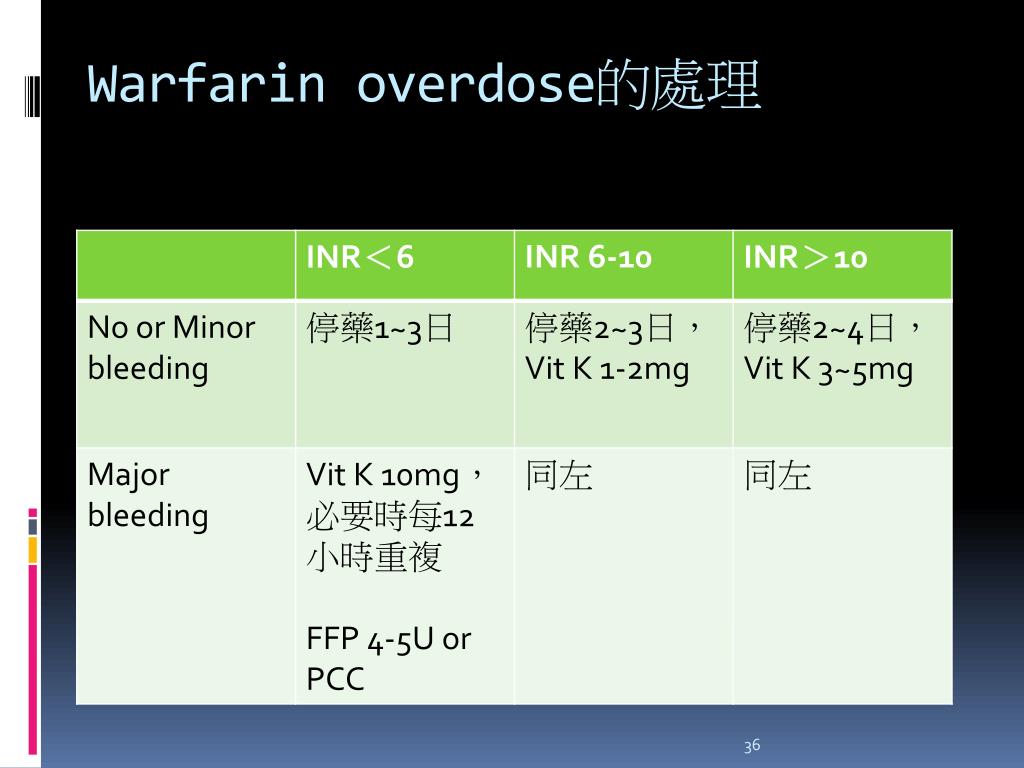
IIb/IIIa receptor inhibitors (abciximab, eptifiban and tirofiban)ĭirect antagonism of the platelet receptor for fibrinogen and Von Willebrand Factor. Rarely thrombocytopenia and thrombotic thrombocytopenic purpura have been reported

Thienopyridines (ticlopidine and clopidogrel)īlock adenosine diphosphate mediated activation of the glycoprotein IIb/IIIa complex Often prescribed in combination with aspirin Weak inhibition of platelet cAMP * phosphodiesterase. Inhibition of adenosine uptake by the platelets. Gastric mucosal damage and increased risk of gastrointestinal haemorrhageĬause less gastrointestinal tract mucosal damage than conventional NSAIDs. Reversible blockade of platelet cyclo-oxygenase affecting platelet thromboxane A 2 activity Non-specific cyclo-oxygenase blockade leads to gastric mucosal damage and increases the risk of gastrointestinal haemorrhage Partial inhibition of platelet activation. Irreversible blockade of platelet cyclo-oxygenase preventing the formation of thromboxane A 2 Table 1 Actions of antiplatelet medications Despite our limited understanding of these pathways a broad range of antiplatelet drugs has been developed ( Table 1). An aggregate consists of platelets linked together by fibrinogen and Von Willebrand Factor bound to multiple glycoprotein IIb/IIIa receptors. The final common pathway of platelet aggregation is activation of the glycoprotein IIb/IIIa receptor. Important platelet agonists in vivo, including thrombin, adenosine diphosphate, thromboxane A2 and collagen, all act via specific platelet surface receptors. Adhesion results in initial platelet activation by internal signalling pathways often involving reduced intra-platelet cyclic adenosine monophosphate. Platelets adhere to immobilised Von Willebrand Factor and also collagen at functional glycoprotein Ib/IX/V and collagen receptors.

Many of these events are co-ordinated by surface receptors. The biochemistry of platelet adhesion, activation and aggregation is complex.

The importance of platelets in thrombus formation is evident by the therapeutic efficacy of antiplatelet drugs in thromboembolic disease, especially arterial vascular disease. In turn, the thrombin generated by activation of the coagulation cascade is a potent platelet agonist. Activated platelets provide the physical surface for efficient thrombin formation. The interactions between platelet and coagulation events during thrombus formation are numerous.

These events are inseparable from the initiation of the coagulation cascade principally by tissue factor, thrombin generation and cross-linked fibrin formation. The earliest events in thrombus formation include platelet adhesion, platelet activation, subsequent platelet aggregation and granule release.


 0 kommentar(er)
0 kommentar(er)
